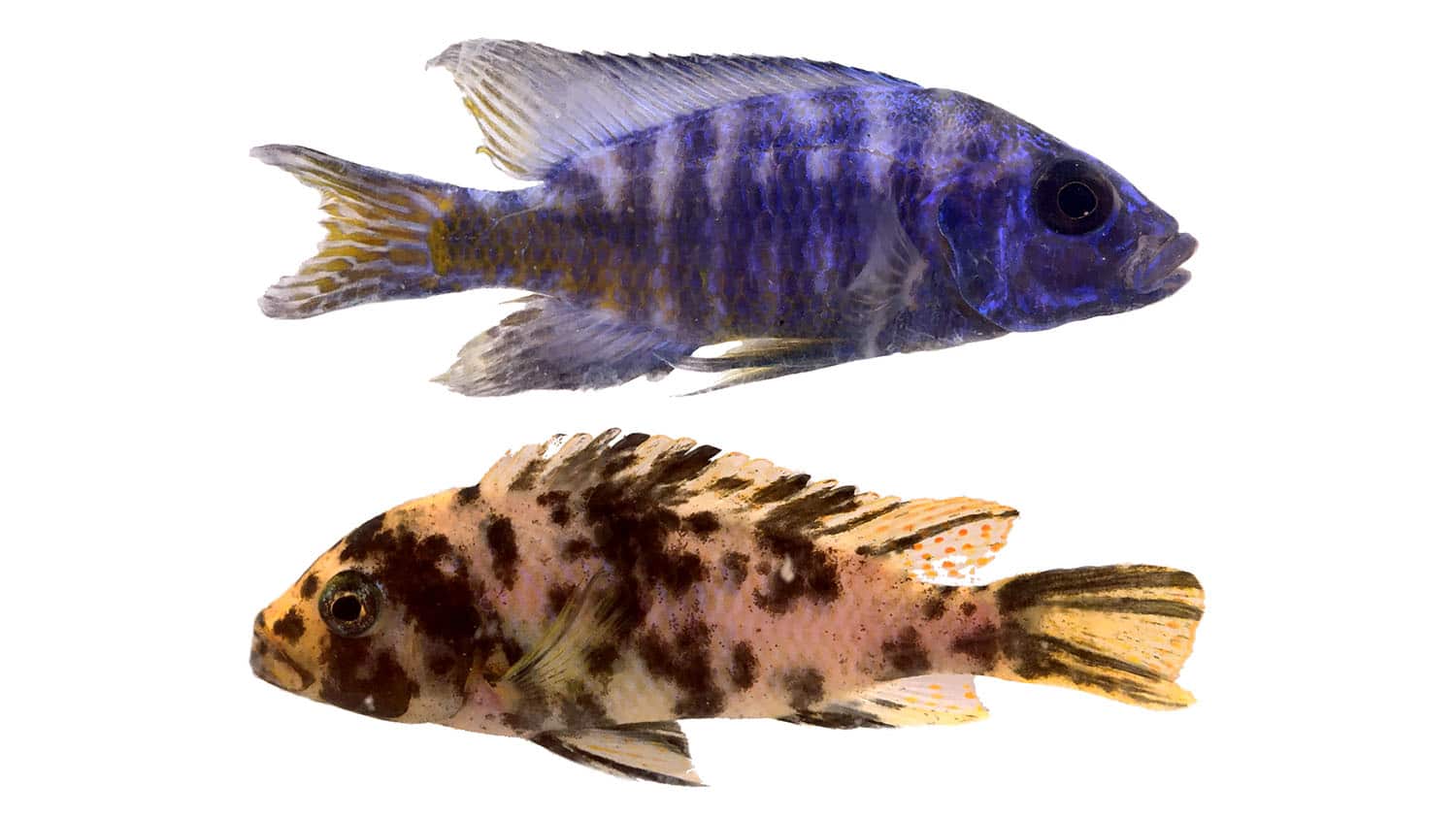Strawberry Fields Forever
North Carolina is the nation’s No. 3 strawberry producer, but many of the state’s berries grow on small plots lacking the acreage to carry out sustainable growing practices like crop rotation. That, combined with constant concerns about soil pathogens and reliance on chemicals to rid plants of ubiquitous pests like spider mites, puts immense pressure on these farms’ long-term health.
Can North Carolina withstand this pressure and keep its top-three status behind fruit and veggie behemoths California and Florida, the top two U.S. strawberry producers?
NC State crop science Ph.D. student Amanda McWhirt is working with fellow university agroecologists, horticulture scientists and entomologists on a National Strawberry Sustainability Initiative research project to implement sustainable soil methods on strawberry farms – methods that won’t blow a hole in farmers’ budgets or overcomplicate their lives.
A New Postharvest Regimen
Much of the new regimen involves using compost and cover crops in the summer months after strawberries have been harvested.
In the Southeast, strawberries are normally planted in late September or early October. During the cold winter months, strawberry plant roots grow. Plants usually begin flowering in March, with harvesting in April and May – just in time for a family Mother’s Day trip to a local strawberry patch. Depending on the weather, harvesting sometimes lasts into June.

Last summer, McWhirt and her colleagues planted a research strawberry field in Goldsboro, N.C., with pearl millet and cowpea after applying compost. These cover crops provide erosion control and a break in the crop cycle. At the end of the summer, the researchers mowed these crops into the soil to provide nitrogen and organic matter, which can help keep the soil healthy.
“This is a pretty new technique for use in strawberries,” McWhirt says. “If the test fields this spring have increased yields, more plant growth and improved soil health over our control group – which is planted in strawberries under ‘normal’ conditions without the compost and cover crops – we’ll know that we’re on to something important.”
Pest Removal – Without Chemicals
Besides plant growth, strawberry yield and soil health, researchers will also sample amounts of insect pests on test and control strawberry plants.
“There are natural controls to spider mites, like introducing ‘good’ predatory mites that don’t harm plants and a naturally occurring fungus that infects mites but doesn’t harm plants,” McWhirt says. “But in general these types of sustainable practices aren’t widely used. Most people rely solely on chemicals to rid their crops of pests like spider mites.”
And that’s what McWhirt and her NC State collaborators – agroecologist Michelle Schroeder-Moreno, horticultural scientist Gina Fernandez and entomologists Hannah Burrack and Yasmin Cardoza – are trying to avoid.
“Some farmers will fumigate their fields once each year to rid their fields of soilborne pests, but fumigation sterilizes the soil and kills both bad and good microbes there,” McWhirt says. “Our research is trying to answer this question: If we put good microbes back into the soil with compost, cover crops and beneficial inoculants, will fumigation practices kill them, diminishing our efforts at keeping the soil healthy?”

What’s Next
After this spring’s harvest, the researchers will measure the effectiveness of the test plots. They plan to replicate the experiment with more cover crops this summer.
“While we may see some difference in fruit yields, soil health may not be positively affected after just one season – it will likely take more time to see a change,” McWhirt says. “We’ll also reach out to farmers across the state to see if we can test our methods in their fields in the coming year.”
If the sustainable methods are effective and strawberry growers in North Carolina appreciate the benefits, the Southeast could lead the way in producing strawberries with fewer chemicals, helping to ensure that North Carolina has strawberry fields forever.
The National Strawberry Sustainability Initiative is funded by a grant from the Walmart Foundation and administered by the University of Arkansas System Division of Agriculture Center for Agricultural and Rural Sustainability.
– kulikowski –
- Categories:


